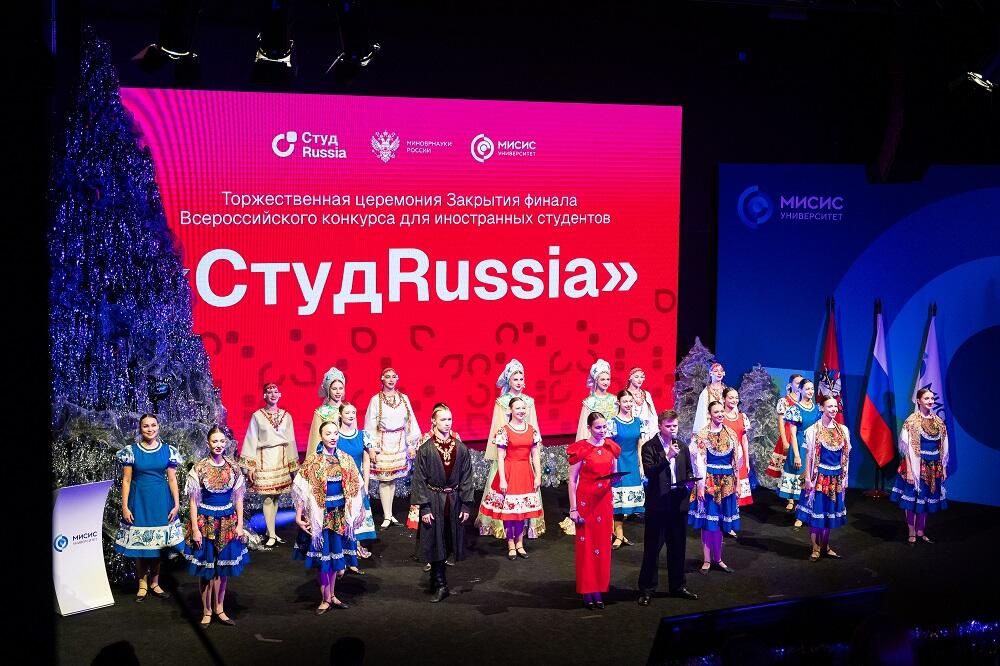 The Final of the StudRussia Competition for International Students Took Place at NUST MISIS
The Final of the StudRussia Competition for International Students Took Place at NUST MISIS The Final of the StudRussia Competition for International Students Took Place at NUST MISIS
The Final of the StudRussia Competition for International Students Took Place at NUST MISIS The Final of the StudRussia Competition for International Students Took Place at NUST MISIS
The Final of the StudRussia Competition for International Students Took Place at NUST MISIS